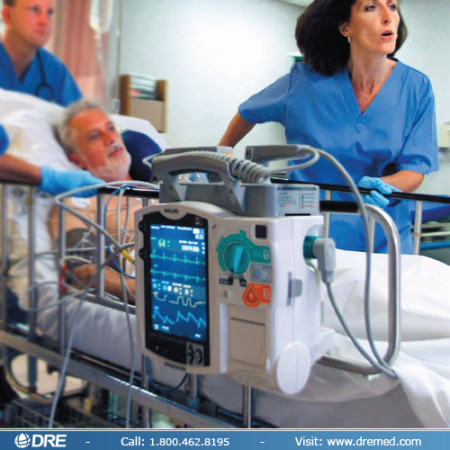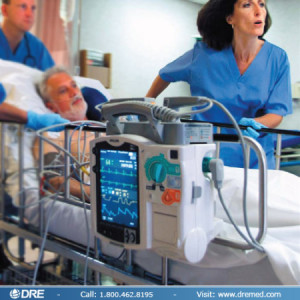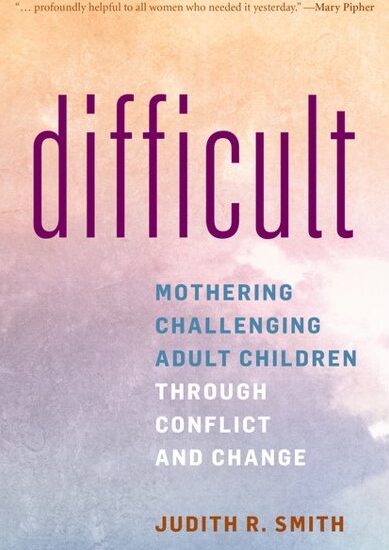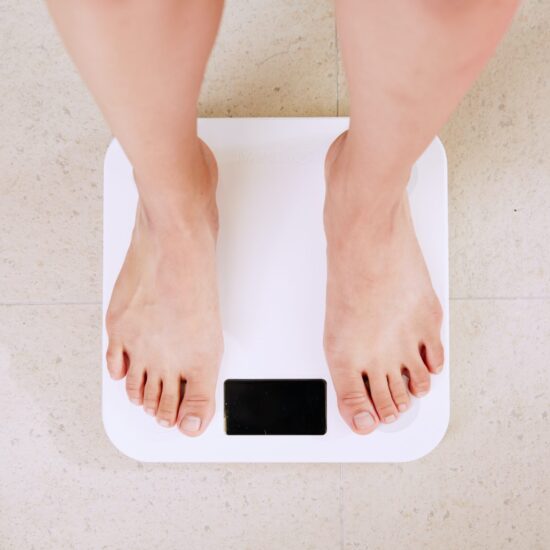
 When you think of visiting a loved one during a hospital stay, what’s the most vivid sense memory you have? The disinfectant smell? The Purell dispensers at every doorway? The crinkly paper gowns and sheets on the way to and from the OR?
When you think of visiting a loved one during a hospital stay, what’s the most vivid sense memory you have? The disinfectant smell? The Purell dispensers at every doorway? The crinkly paper gowns and sheets on the way to and from the OR?
For workers in hospitals, particularly nurses, one element is getting media attention this week: the sound of monitors and alarms going off.
According to the Boston Globe’s Liz Kowalczyk, at one 15-bed unit at Johns Hopkins, over 940 alarms go off per day – that’s one alarm every 90 seconds.
This Sunday, the Boston Globe published Kowalczyk’s piece, “For Nurses, It’s A Constant Dash To Respond To Alarms.” NPR covered the article yesterday in a segment called “Nurses Can Become Desensitized To Hospital Sounds.”
Another Kowalczyk article, also published in the Globe, also with a run date of February 13, was called “Patient Alarms Often Unheard, Unheeded.” That article attributes over 200 deaths in the last 5 years to late response to alarms. Notably, it takes the focus off nurses in its title and subheadline, describing instead how “hospital staff” may fail to respond.
NPR’s Michelle Norris asked Kowalczyk how nurses have responded to her articles. She responded:
“You know, I was very worried about the reaction from the nursing community because I didn’t want the stories to feel like we were blaming them for something. And, actually, I was pleasantly surprised that they have acknowledged and confirmed that this is a big problem that they face. And they feel like it’s very valuable to get a discussion of this out in the open.”
What’s your take? Are nurses getting an unfair hit here, or do these pieces point to systematic problems with overuse of monitors?









Sarah, RN BSN / February 16, 2011
I am a professional registered nurse working on a busy general medicine unit in one of New York City’s top-ranked hospitals. The alarms we have are all essential. To name a few: We hear the frequent, unmistakable ring of the telephone receiving calls from remote Telemetry monitoring. Most of the time, the technicians on the monitoring end call for leads that have fallen off the patient, but on rare occasion, you may receive a call to alert that a patient’s heart has quivered into a deadly arrhythmia that needs immediate attention. We have bed alarms for our very high fall risk patients. There’s an alarm for the oxygen saturation monitors that alert us to hypoxia in our patients. We have alarms on the IV infusion pumps to alert us of air in the line, a complete infusion, a dying battery. With ventilator dependent patients on our floor, the vent alarm is very sensitive and often blaring. And then we have the call bell that our patients use to call for help for anything from a box of tissue to sudden chest pain. Unfortunately, we are often understaffed, and our patient to nurse ratio is higher than studies have shown to be safe. We are spread thin across so many responsibilities on the unit and hear monitors sounding off constantly. Nurses and nursing attendants are the only staff members responsible for responding to any of the above alarms. The nursing station may be crowded full of interns, residents, care coordinators, social workers and alarms may be sounding left and right- but yet only the nurses are responsible to respond to these essential alarms. If all the nurses are busy with patients and are unavailable to respond to the alarms right away, then the alarm is left unattended. This fact adds to the stress of responding to the constant stream of alarms. Most of the time the alarms are benign- they do not threaten the safety and condition of the patient. With so much demand placed on nurses, we do become desensitized to constant cacophony of alarms and often take for granted that it is a “false alarm” and patient’s safety is not at risk. This desensitization comes down to a systemic issue of hospital care. We need to evaluate the sensitivity of alarms and perhaps review when they are and are not necessary. Staffing needs to addressed so nurses can more readily respond. And perhaps once in a while, other hospital staff members might just answer patient call bells or jump up to ensure a patient’s safety when a bed alarm sounds off.
/
Pingback: Tweets that mention Nurses and Alarm Fatigue « CHMP -- Topsy.com / February 17, 2011
/
Pingback: Alone, Isolated, At Risk « Off the Charts / February 17, 2011
/
barbaraglickstein / February 18, 2011
Thanks
/
barbaraglickstein / February 18, 2011
The Association of Health Care Journalists has a post on their Facebook page on this issue worth reading too http://on.fb.me/fmmrwO
/